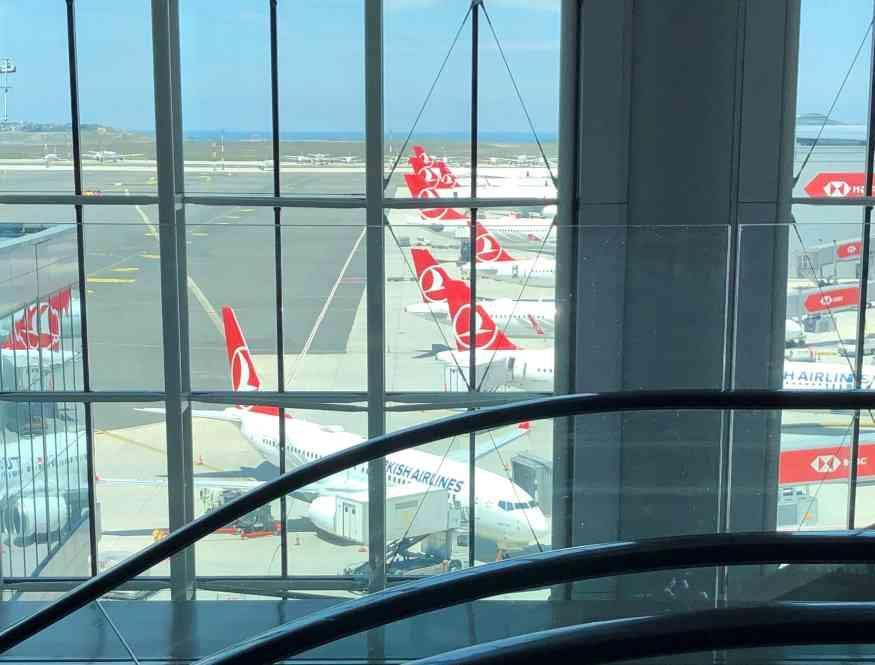
Turkish Airlines aims to boost its consolidated revenue over $50 billion by 2023, the flag carrier has announced in a filing with Borsa Istanbul, outlining its strategy and targets for 2023-2033.
The company’s latest financials showed that its total revenues rose more than 39 percent last year compared with 2019 to $18.4 billion, with the fourth quarter revenues soaring 45 percent to $4.8 billion.
Its passenger revenue rose 28 percent to $14.3 billion, while revenues from cargo operations soared 121 percent in 2022 from 2019 to stand at $3.7 billion.
Turkish Airlines reported a net income of $2.7 billion for 2022, up from a net profit of $788 million in 2019, with the net income margin improving from 6 percent to 14.8 percent.
In the filing with the stock exchange, the carrier also said it targets to expand its fleet to 435 aircraft by 2023 and to over 800 aircraft by 2033, growing its passenger network to 400 destinations.
It wants to double the passenger capacity in 2023 by 2033 with an annual average growth rate of 7 percent and carry 170 million passengers by 2033 compared to over 85 million in 2023.
Turkish Airlines served a total of 71.8 million passengers in 2022, with a load factor of 80.6 percent. The international passenger tally grew 5.7 percent from 2019 to 46.3 million, while domestic passengers fell 16.3 percent to 25.5 million.
It flew to 337 destinations as of end-March this year, up from 329 a year ago, while it expanded its fleet to 441 aircraft from 373.
The carrier also aims to double the transported cargo volume and position Turkish Cargo among the top three cargo carriers globally by 2033, leveraging the capabilities of our cargo hub, SmartIST, one of the largest air cargo terminals in the world.
It will seek to establish its low-cost arm AnadoluJet as a separate subsidiary, repositioning its brand, restructuring its revenue and cost structures, and reaching a fleet size of 200 new generation aircraft to strengthen its competitive positioning.
Turkish company aims to become a sustainable airline by increasing the number of new generation aircraft in the fleet, increasing the consumption of sustainable aviation fuel, and expanding the number of LEED-certified buildings to boost renewable energy usage.
Turkish Airlines wants to become a “Carbon Neutral” airline by 2050 through the implementation of carbon emission offsetting projects, the statement added.
The company also aims to have 150,000 employees, including its subsidiaries.